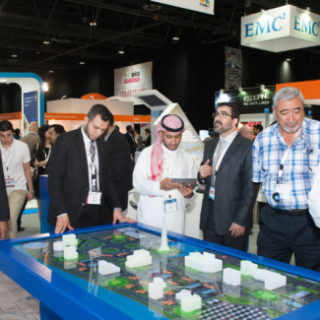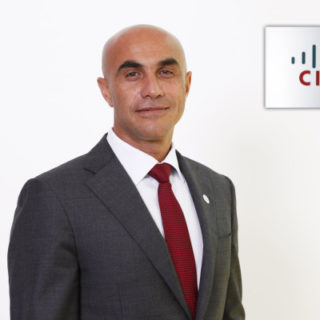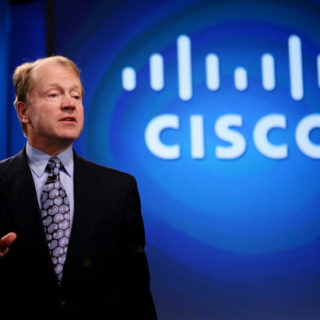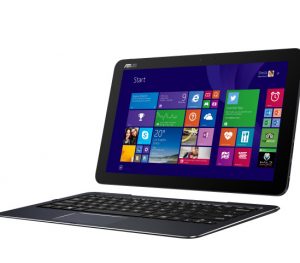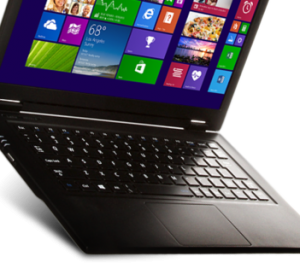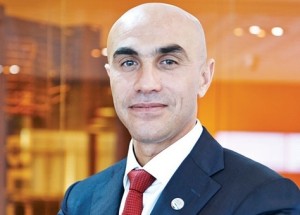
Cisco used today’s Dubai media roundtable event to explore the potential for its Smart+Connected City Wi-Fi and sensor technology, saying Dubai has the power to cheap cialis pill be a world leader in the field.
Its blueprint is focused on three main spheres: smarter life, smarter economy, and smarter tourism, which it hopes can make everything in the city smarter.
Rabih Doubassi, Managing Director, Cisco, UAE, sees an enormous market for the technology, “We can deliver an intelligent network – a network that listens, learns and responds – on a scale like never before,” he said. “The rise of the Smart City is ultimately linked to Cisco’s IoE strategy, which we estimate has a value of $14.4 trillion.
“The era of inert buildings, unresponsive citizen services, and lack of logistical transparency is over.”
Cisco believes that with Smart Cities more jobs will become available, while energy savings of up to 30%, water savings of up to 50%, and a crime reduction of 20% could be achieved.
With current city challenges and systems siloed, it believes the capacity for data sharing levitra shop on line and services is limited.
“By 2020 there will be an estimated 50 billion smart objects in the world; in time the internet of everything will become the Internet of you,” said Anil Menon, President, Smart + Connected Communities & Cisco Deputy Chief Globalisation Officer. “Five things are needed for a successful implementation of a smart city, visionary leadership, global open standards, smart regulation, public-private partnerships and a new ecosystem. The new ecosystem will take time certainly, but Dubai definitely has the right leadership.”
“When you consider that 99% of the world is currently not connected, smart cities present a massive opportunity, not just connecting the cities themselves but in connecting everyone around the world. Digital infrastructure has become increasingly affordable, storage for instance is virtually free compared to what it cost 20 years ago.”
Cisco feels there are already signs of progress in the Middle East, with Dubai a leader in implementing a smart city. Following the decision to award Expo 2020 to the city, Cisco is certain that money will be poured into the event. It forecasts that $7.2 billion will be spent on the public sector, with $7-8 billion of private sector investment.
“Dubai’s smart city infrastructure is already well-developed,” Dabboussi said. “It has the highest 4G penetration in MENA, and has a variety of advanced e-services, including E-Commerce, E-Dirham and E-Government.”
“Dubai has everything in place to become an exemplary smart city pioneer, not only throughout the region but also on a global scale.
Amr Salem, Cisco’s Dubai-based Managing Director for Global Smart + Connected Communities, had high praise for Dubai’s smart city planning. “Dubai’s strategy is a carefully considered, robust plan structured to benefit residents, businesses and visitors, and it is emblematic of the city’s receptivity to cutting-edge technology,” he said. “The fibre optic networks, high-speed wireless internet and sensors set for deployment across Dubai will mean a continuous flow of improvements that will benefit everything from education, healthcare and transport to utilities and general security.”
Barcelona
Salem went on to cite Cisco’s own “proven’ working model of a smart city – Barcelona. The city uses Cisco Smart+Connected City Wi-Fi and sensing devices, and features smart waste management, smart bus services, smart traffic management and smart weather technology.
Smart waste management detects when dustbins are full and ready for collection, or if the exceed a certain temperature, where they could cause a potential environmental hazard.
Meanwhile smart traffic management tells users – via the use of parking sensors – whether there are any parking spaces in the vicinity.
Salem highlighted Paris’ traffic problems to frame how this technology could change peoples’ lives, “It is said that the average Parisian spends three years of his or her life trying to park their car. On top of that 40% of traffic is caused by people trying to park cars. Smart+Connected Wi-Fi has the power to greatly reduce these types of problems, and ultimately free people up and improve their lives.”







